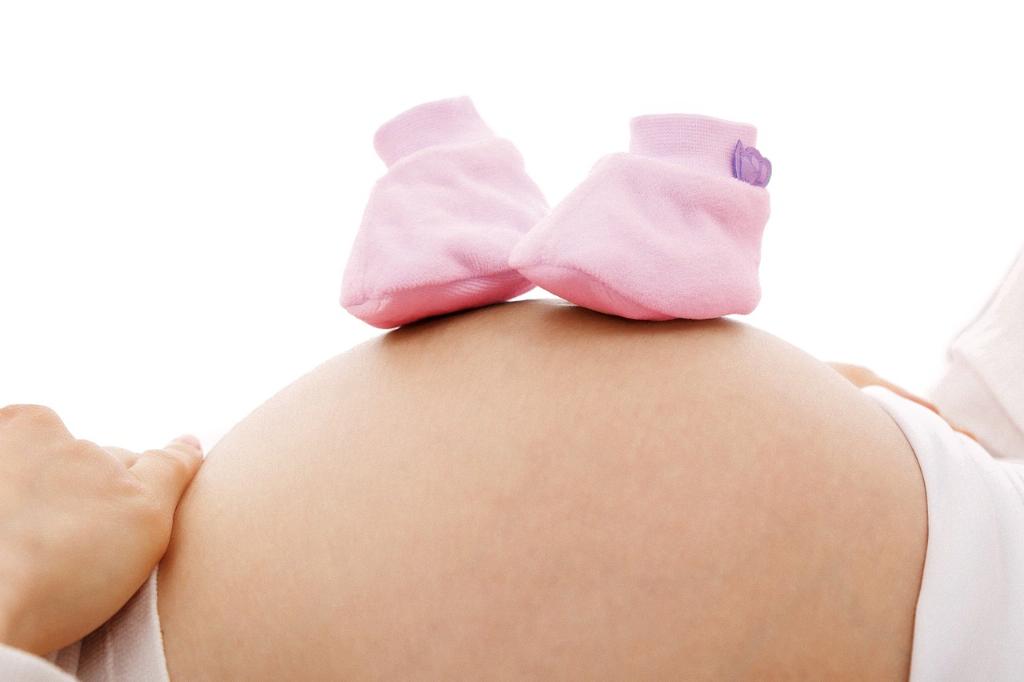When discussing the possibility of a child surviving an ectopic pregnancy, it is crucial to understand the nature of this condition. An ectopic pregnancy occurs when a fertilized egg implants and begins to grow outside of the uterus, typically in the fallopian tube. This abnormal implantation poses serious risks to both the woman and any potential embryo.
One key aspect to consider is the viability of the fertilized egg in an ectopic pregnancy. The term “viable” refers to the ability of the fertilized egg to develop into a healthy, full-term infant. In the case of an ectopic pregnancy, the fertilized egg is not viable. This means that even if the pregnancy were to continue, the embryo would not be able to survive and grow into a baby.
The location of an ectopic pregnancy also plays a significant role in determining the outcome for both the mother and the embryo. As the embryo grows outside of the uterus, it is unable to receive the necessary blood supply and nutrients required for its development. Without these essential resources, the embryo cannot survive, leading to the inevitable termination of the pregnancy.
It is important to recognize that an ectopic pregnancy poses serious health risks to the woman carrying the embryo. If left untreated, an ectopic pregnancy can result in severe complications, including internal bleeding, organ damage, and potentially life-threatening situations. In such cases, preserving the health and well-being of the woman becomes the primary focus of medical intervention.
Despite advances in medical technology, there is currently no known way to transplant an ectopic pregnancy to a viable location within the uterus. The anatomical constraints of the fallopian tube make it impossible for the embryo to thrive outside of its natural environment. Therefore, the unfortunate reality remains that a child cannot survive an ectopic pregnancy.
Furthermore, attempting to sustain an ectopic pregnancy poses serious risks to the woman, including the potential for ruptured fallopian tubes and life-threatening complications. In cases of diagnosed ectopic pregnancy, medical intervention is necessary to prevent such dangerous outcomes and preserve the woman’s health and fertility.
It is essential for individuals to understand the limitations and risks associated with ectopic pregnancies. While the desire to carry a pregnancy to term is understandable, the circumstances of an ectopic pregnancy make it medically impossible for the embryo to survive and develop into a healthy child.
Medical professionals advise prompt recognition and treatment of ectopic pregnancies to minimize potential harm to the woman’s reproductive health. Early intervention can help prevent serious complications and preserve the woman’s future fertility.
In conclusion, the unfortunate reality is that a child cannot survive an ectopic pregnancy. The anatomical limitations of the fallopian tube and the lack of essential resources for embryo development outside of the uterus make it impossible for a viable pregnancy to occur in such circumstances.

